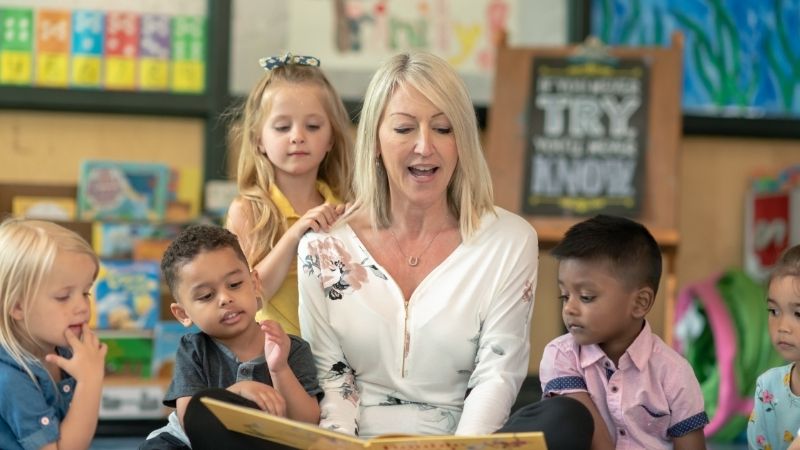
Special education teachers need to know how to adjust their lesson plans for students with disabilities. The best way to do this is by taking courses or attending workshops that cover different types of disabilities.
The program is designed for teachers who want to add a new dimension to their classrooms. They will learn to identify student issues and use technology-based solutions to help them reach their learning goals.
Certifications
An essential part of becoming a special education teacher is having the right certifications for your teaching specialty. This includes an initial professional NYS teaching certificate in your area of primary certification, as well as a Special Education certificate in your desired age group and content specialty.
Teachers of children with severe disabilities have a unique set of skills and challenges. They must understand federal law governing the rights of students with severe impairments, and be well-versed in how to develop an Individualized Education Program (IEP). This involves working with the student’s parents, the child’s other teachers, and school administration. Additionally, they need to know how to monitor the progress of these students. They also need to be familiar with the various types of physical, cognitive, emotional and behavioral challenges that affect them.
Professional Development
Despite the challenges, special education teaching can be an incredibly rewarding profession. Teachers who study special education learn tools for providing person-centered learning, better adapting lessons to different learning types and levels, and working with students with varying disabilities and physical limitations.
Teachers in New York can take advantage of many resources and training opportunities for professional growth. These include teacher residency programs like the New Visions Urban Teacher Residency or I-START Urban Teacher Residency, as well as master’s degree programs in childhood and adolescence special education.
While hard data on which professional-development models lead to improved student outcomes remains limited, it’s clear that a good teacher is both passionate and purposeful. This means that they set SMART goals, participate in interactive workshops, and engage in peer observation.
Courses
Whether they work with students with mild disabilities in inclusive classrooms or teach children with severe/multiple disabilities in self-contained classes, special education teachers often have unique career paths. Teachers who focus on students with autism (or autism spectrum disorder) have the option of working in specialized schools and non-profit organizations that serve this population.
Many special education programs offer formal concentrations in specific areas, such as autistic spectrum disorders or visual impairment. This is an excellent way for teachers to tailor their studies to match their interests and goals. Many also pursue graduate degrees in special education. This isn't mandatory in all states, but it can give teachers a competitive edge in the job market. In addition, it gives them tools for delivering person-centered instruction to their students.
Workshops
Workshops are often short and self-contained events, focusing on teaching participants practical skills that they can take back to their workplace or daily lives. They're also more interactive than courses or seminars and are usually light on lecture.
Whether you're an experienced special educator or just starting out, workshops can be a powerful tool to help your students learn the basics of working together. These sessions will give you a better understanding of how to create strong relationships that work for everyone.
Students with emotional disabilities face many challenges. This seminar will review best practices for assessing and diagnosing these unique students, as well as how to ensure that your schools and programs comply with IDEA and Section 504 requirements.
Resources
Resources are an important component of special education teacher training, especially for those who are just starting out. They can help teachers better understand the unique challenges of working with students with disabilities, and provide them with tools and strategies that they can use in their classrooms.
LD onLine is one of these valuable resources for special educators, with thousands of resources created by teachers for teachers, from standards-aligned lesson plans to helpful classroom management advice. It also offers timesaving assessment tips, and formal and informal data collection ideas.
Getting involved in a special education association or organization while completing your teaching degree can help you prepare for the realities of daily life in this rewarding career. Not only will you gain invaluable networking connections, but you’ll also be able to access industry journals and receive student discounts on events and other resources.
 Careers in EducationElementary EducationHigh School EducationEducational TechnologyTeaching StrategiesSpecial EducationPrivacy PolicyTerms And Conditions
Careers in EducationElementary EducationHigh School EducationEducational TechnologyTeaching StrategiesSpecial EducationPrivacy PolicyTerms And Conditions
